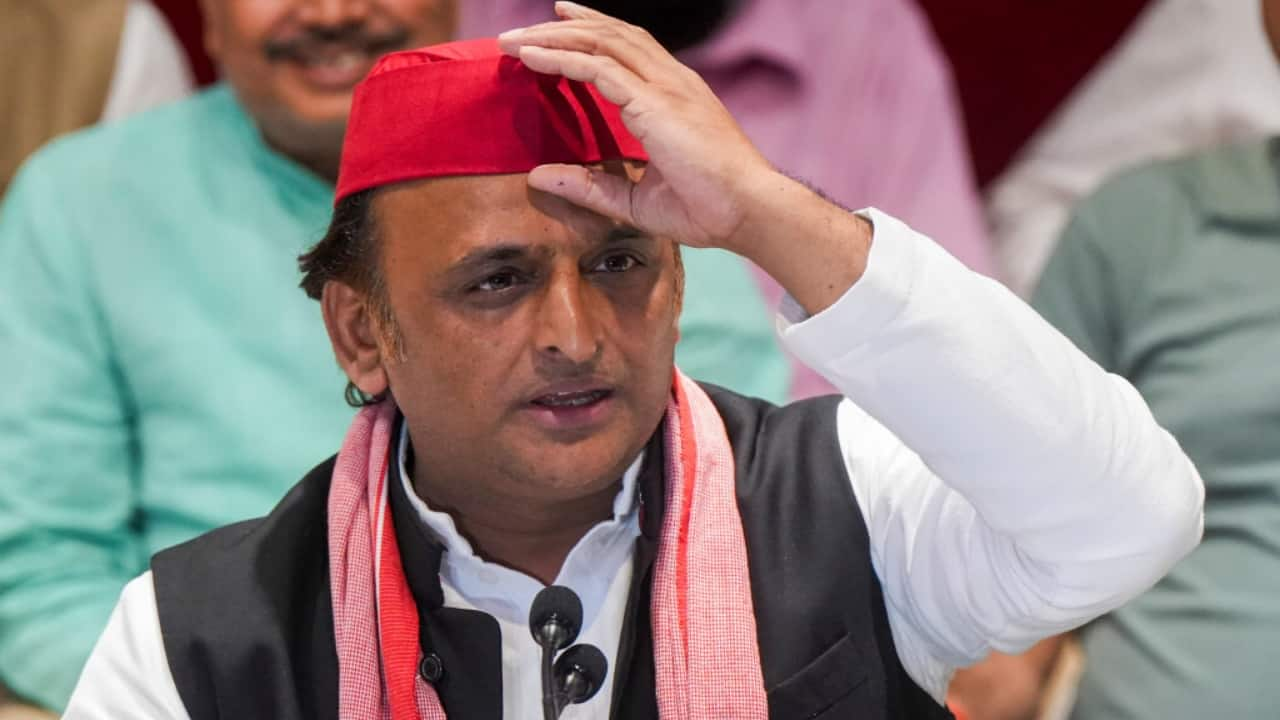This photo shows customers shopping at a major discount chain store (Image courtesy of Yonhap) SEOUL, April 11 (Korea Bizwire) — The Finance Ministry said Friday that the government will extend the tariff-rate quota system on pork and egg product imports in an effort to stabilize food prices. Starting May 1, emergency tariff quotas will be applied to 10,000 tons of raw pork for processed foods and 4,000 tons of processed egg products, according to the Ministry of Economy and Finance. The tariff-rate quota system allows certain volumes of imports to benefit from lower tariff rates within a specified limit.
“The growth of oil prices has moderated recently, but concerns persist over inflationary pressures on agricultural, livestock and fishery products, as well as processed foods,” First Vice Finance Minister Kim Beom-suk said during a vice-ministerial meeting in Seoul to check prices. “The government will closely monitor the market to prevent price hikes resulting from any unfair business practices,” he added. Policy focus will also be on minimizing the potential impact of recent wildfire damage on prices and ensuring food price stability, according to the ministry.

Consumer prices, a key gauge of inflation, rose 2.1 percent from a year earlier in March, accelerating from 2.0 percent in February.
The Bank of Korea (BOK) said consumer inflation is expected to remain stable around the target rate of 2 percent, though close monitoring is required amid persistent uncertainties at home and abroad, The BOK projected 1.9 percent price growth in 2025 in its latest forecast. (Yonhap).
Business

Gov’t Moves to Curb Inflation with Emergency Tariff Cuts on Pork, Egg Imports

SEOUL, April 11 (Korea Bizwire) — The Finance Ministry said Friday that the government will extend the tariff-rate quota system on pork and egg product imports in an effort to stabilize food prices. Starting May 1, emergency tariff quotas will be applied to 10,000 tons of raw pork for processed foods and 4,000 tons of [...]The post Gov’t Moves to Curb Inflation with Emergency Tariff Cuts on Pork, Egg Imports appeared first on Be Korea-savvy.














